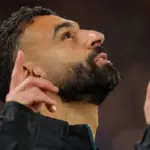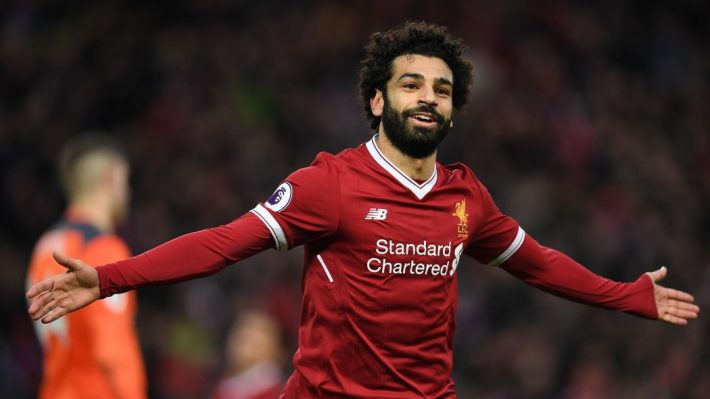CAF’s heated Elections: Eto’o, Algeria, and FIFA Council battle take center stage
The Confederation of African Football (CAF) is set for a pivotal day on Wednesday as its 14th Extraordinary General Assembly convenes in Cairo.
While Patrice Motsepe’s re-election as CAF president is uncontested, the real stakes lie in the elections for the CAF Executive Committee and, more significantly, Africa’s representation on the FIFA Council.
Eto’o and Algeria Poised for CAF Executive Committee Seats
Consensus has already been reached on the five candidates set to be elected to the CAF Executive Committee (Comex), representing their respective zonal unions:
- Walid Sadi (Algeria – UNAF)
- Samuel Eto’o (Cameroon – UNIFFAC)
- Mustapha Raji (Liberia – UFOA A)
- Kurt Okraku (Ghana – UFOA B)
- Wallace Karia (Tanzania – CECAFA)
Algeria is set to regain political influence within CAF for the first time since 2017, with Walid Sadi expected to secure a seat following the withdrawal of Tunisia’s Hussein Jenayeh.
Cameroonian football icon Samuel Eto’o is also set to join the committee after a dramatic reversal of his candidacy ban.
Initially ruled ineligible by CAF due to a 2024 conviction for “serious ethical violations,” Eto’o successfully appealed to the Court of Arbitration for Sport (CAS), which forced CAF to reinstate him.
His presence in the committee is expected to disrupt the usual consensus-driven approach, as he is known for his independent and assertive stance.
Fierce Competition for FIFA Council Seats
While the Comex elections appear straightforward, the real contest lies in the battle for Africa’s six seats on the FIFA Council. These prestigious positions not only hold significant influence but also come with an annual remuneration of $250,000. Unlike in previous elections, all six spots are open without linguistic quotas.
The 10 candidates vying for five places in the men’s category are:
- Yacine Idriss Diallo (Ivory Coast)
- Djibrilla Hima Hamidou (Niger)
- Mathurin De Chacus (Benin)
- Hassan Waberi (Djibouti)
- Fouzi Lekjaa (Morocco)
- Amaju Melvin Pinnick (Nigeria)
- Hany Abo Rida (Egypt)
- Augustin Senghor (Senegal)
- Ahmed Yahya (Mauritania)
- Andrew Ndanga Kamanga (Zambia)
For the women’s position, the three contenders are:
- Isha Johansen (Sierra Leone)
- Lydia Nsekera (Burundi)
- Kanizat Ibrahim (Comoros)
Moroccan Fouzi Lekjaa, an outgoing member, is widely expected to retain his seat. Mauritania’s Ahmed Yahya, a well-connected figure within FIFA, is also seen as a strong contender. Outgoing member Amaju Pinnick of Nigeria, along with Egyptian veteran Hany Abo Rida—who benefited from a recent rule change removing the 70-year age limit—are also in a favorable position.
![]()
However, the battle for the final slot could be fiercely contested between Ivorian Idriss Diallo and Senegal’s Augustin Senghor. Senghor’s recent alignment with Algeria has reportedly put him at odds with influential CAF members, potentially weakening his bid.
In the women’s race, Comoros’ Kanizat Ibrahim appears to be the frontrunner, with Sierra Leone’s Isha Johansen facing challenges due to multiple allegations against her.
High Stakes and Political Maneuvering
With significant financial and political power at play, these elections could reshape African football’s leadership. The results will determine the continent’s influence within FIFA and set the tone for CAF’s decision-making in the coming years. All eyes are now on Cairo as the key figures in African football prepare for what promises to be a decisive day.




